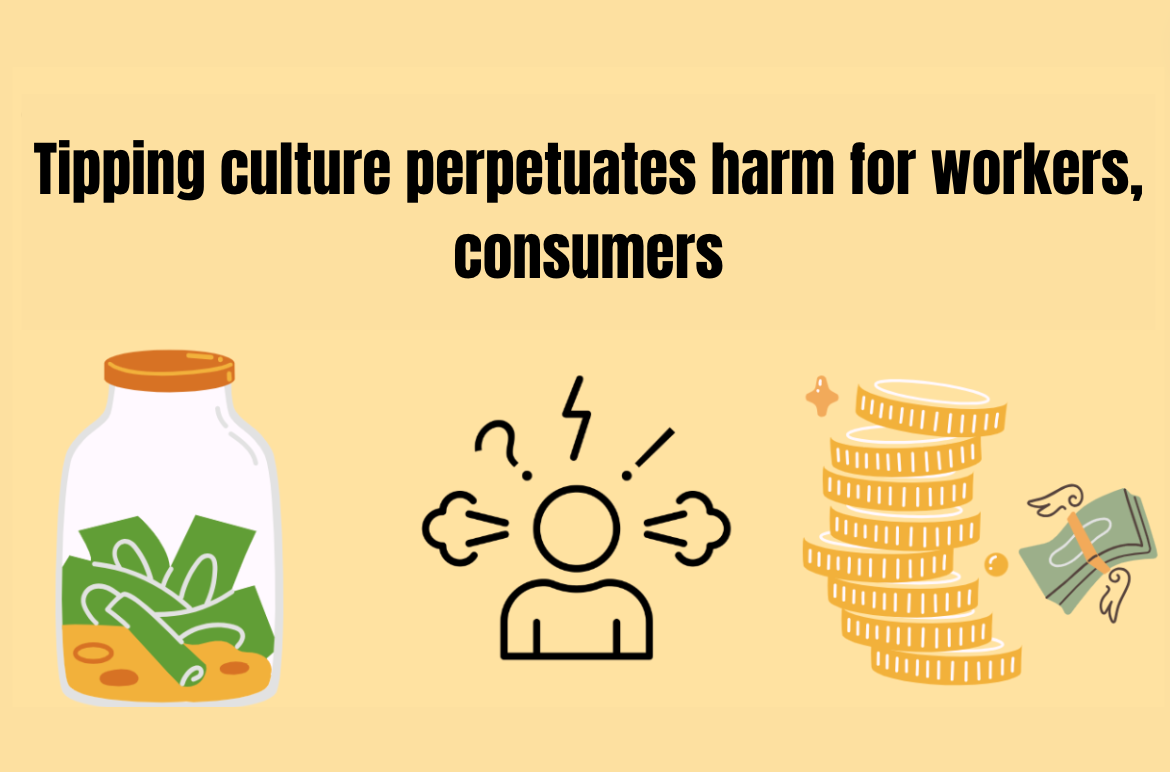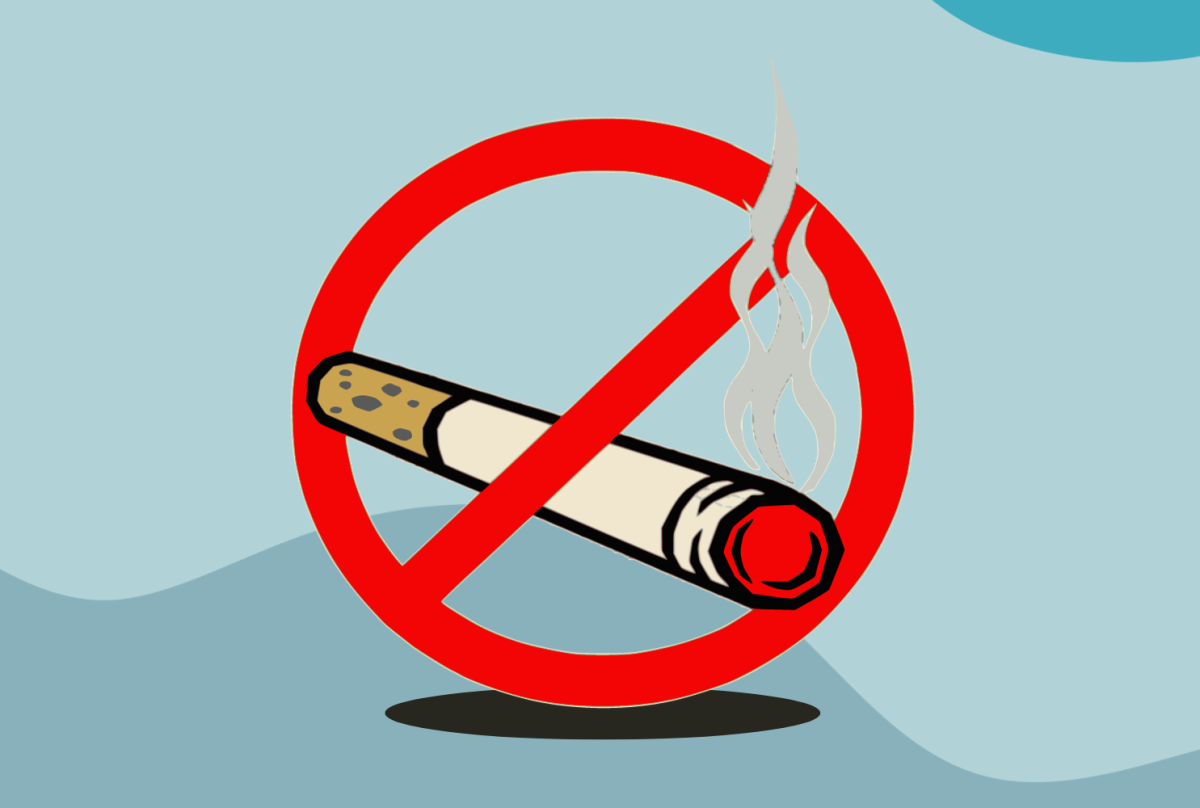I return to literary models a lot. In times of deep trouble, I look to The Odyssey. Although he didn’t face plagues, Odysseus faced nearly every other kind of disaster, and got through. We look to others’ experiences when our own are overwhelming. Right now, Daniel Defoe’s Journal of the Plague Year is apparently flying off the shelves in bookstores; likewise, Camus’ The Plague. Dystopias are back in vogue, if they ever were out of it. If we’re literary types, we look to the literature, and ask if the models can tell us anything.
If you’ve read Oedipus the King, you may remember that it opens with a plague; Oedipus was first performed in 429 BC. The great plague of Athens, in which an estimated 100,000 people – a quarter of the city’s population – died, occurred in 430 BC, a year before. Was Sophocles referencing this? Possibly, or possibly just referring to the fact that plagues of many kinds, typhoid, smallpox, tuberculosis, malaria, influenza, among others, regularly ravaged the populations of the ancient world. It was just how life was.
And London’s been specifically hit before: The Great Plague of 1665 – 1666 – a late resurgence of the Black Death, or as we now know it, the bubonic plague, killed nearly a quarter of the population, about 200,000 people. Blackheath, near where I live in South London, is so named because of the “plague pits” – mass graves for the victims of that epidemic. But during that epidemic, when he was in quarantine, Shakespeare wrote King Lear, perhaps his greatest play.
I have a few plagues in my own family history. My aunt, my mother’s elder sister, died as a baby in the Spanish flu pandemic of 1918, in which at least fifty million people died. Nearly a quarter of the world’s population was infected, and this happened right on the heels of the First World War. And although there was a polio vaccine by 1954, just before I was born, I remember a childhood in which public swimming pools, and crowds were avoided in the summertime, for fear of the virus. The Asian flu of 1957- 58 killed over a million people worldwide, 116,000 in America, around 14,000 in Britain. Asian flu was a term that still caused anxiety when I was a child.
When people say not to worry about Coronavirus, that it’s no worse than the flu, I wonder, which one?
So, if we look to the history, we’ve been here before. Does that mitigate the fear? Perhaps. Whenever I have considered, even pre-Corona, the dire state of the world, and the sheer helplessness one sometimes feels, I think back to my parents’ generation. They lived through the Second World War, when it must have seemed like the world was ending, and they survived it. And they lived through those epidemics too. When I think of their lives, and I consider my own, I think, yes, we can do this. We’ve done it before.
Look to the history. Talk to your parents. Talk to your grandparents. Ask them about what they went through. It’s alright not to be happy about what’s going on now, but don’t despair. This is a milestone in your path; it may even be a turning point, but it’s not the end of the road.









